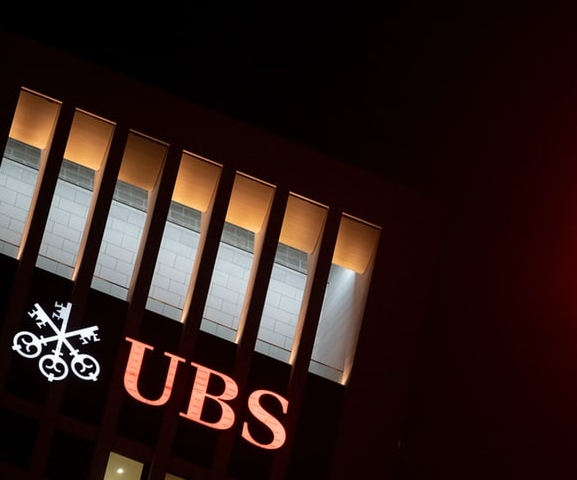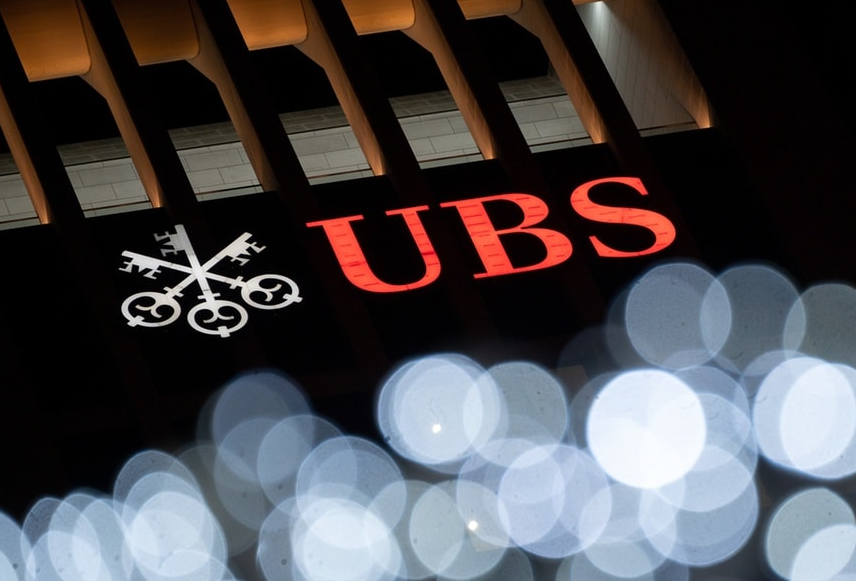UBS maintains that the evidence presented in court was insufficient to show guilt. Keystone / Sebastian Gollnow Switzerland’s largest bank, UBS, says it will once again appeal a fine handed out by a French court for tax evasion offences. On December 13, a Paris appeal court confirmed a previous ruling that UBS was criminally guilty of assisting French tax evaders but reduced the penalty from €4.5 billion (CHF4.7 billion) to €1.8 billionExternal link. The bank, which has always maintained that there is insufficient evidence to show such guilt, said on Monday that it would appeal to a higher court. “This enables UBS to thoroughly assess the verdict of the Court of Appeal and to determine next steps in the best interest of its stakeholders,” the bank said in a
Topics:
Swissinfo considers the following as important: 3.) Swissinfo Business and Economy, 3) Swiss Markets and News, Featured, Law and order, newsletter
This could be interesting, too:
Nachrichten Ticker - www.finanzen.ch writes Die Performance der Kryptowährungen in KW 9: Das hat sich bei Bitcoin, Ether & Co. getan
Nachrichten Ticker - www.finanzen.ch writes Wer verbirgt sich hinter der Ethereum-Technologie?
Martin Hartmann writes Eine Analyse nach den Lehren von Milton Friedman
Marc Chandler writes March 2025 Monthly

UBS maintains that the evidence presented in court was insufficient to show guilt. Keystone / Sebastian Gollnow
Switzerland’s largest bank, UBS, says it will once again appeal a fine handed out by a French court for tax evasion offences.
On December 13, a Paris appeal court confirmed a previous ruling that UBS was criminally guilty of assisting French tax evaders but reduced the penalty from €4.5 billion (CHF4.7 billion) to €1.8 billionExternal link.
The bank, which has always maintained that there is insufficient evidence to show such guilt, said on Monday that it would appeal to a higher court.
“This enables UBS to thoroughly assess the verdict of the Court of Appeal and to determine next steps in the best interest of its stakeholders,” the bank said in a statementExternal link.
UBS was originally found guiltyExternal link in 2019 of seeking out French clients and advising them to hide their money in Swiss accounts. The court heard that the offences took place between 2004 and 2012 with the bank courting wealthy clients at lavish events.
The bank had chosen to argue its case in court after attempts to negotiate a settlement with the French authorities broke down.
Following the 2019 verdict, the bank stated that: “The conviction is not supported by any concrete evidence, but instead is based on the unfounded allegations of former employees who were not even heard at the trial.”
Tags: Featured,Law and order,newsletter








